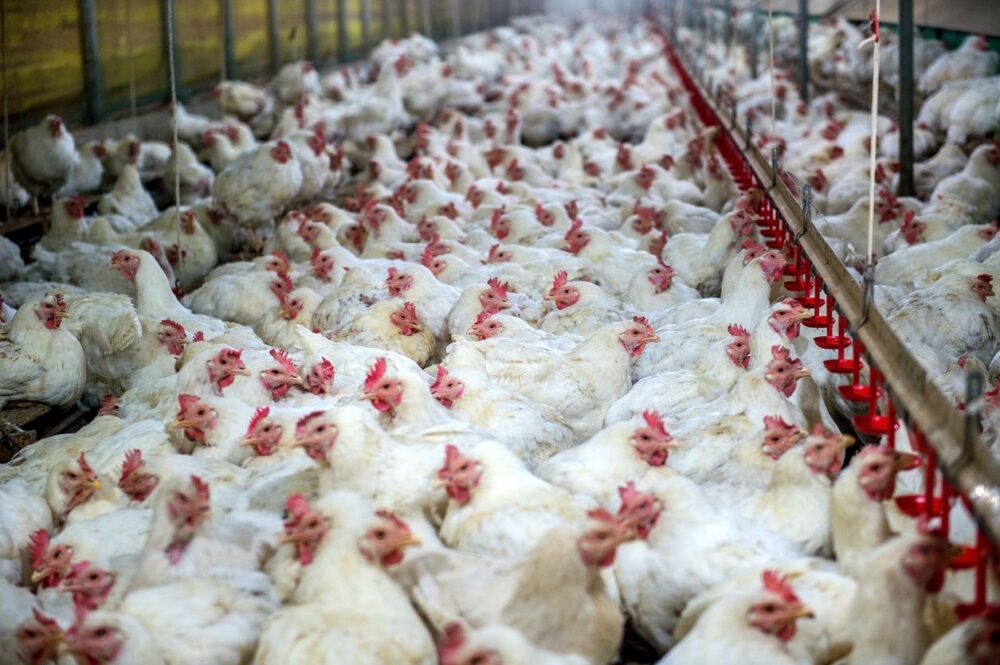- Investor network FAIRR has launched the Restaurant Antibiotics Engagement asking major US fast food chains to disclose how they are mitigating risk of antimicrobial resistance (AMR) in their supply chains.
- The engagement is intended to address AMR’s threat to the global economy.
- McDonalds, Yum! Brands (parent company of KFC and Pizza Hut) and Restaurant Brands International (parent to Burger King) are among the companies FAIRR is targeting.
- A formal assessment against the engagement framework is slated for publication in spring 2024.
Why it matters:
AMR happens when germs develop the ability to resist drugs meant to kill them. Overuse of antibiotics makes these resistant bacteria and fungi more common.
The animal agriculture sector consumes the largest quantity of antibiotics globally, according to FAIRR, which estimates that AMR already causes around 1 million deaths per year. Agriculture could experience an 11% decline in livestock production by 2050 due to AMR, which would potentially lead to volatility in the supply chain.
The Restaurant Antibiotics Engagement asks key companies in the fast food sector — many of them with a global reach — to improve disclosure with investors around how they are mitigating AMR risk in their animal protein supply chains.
The engagement will assess each company’s protein exposure, quantity of antibiotics in its supply chain, which proteins are covered, antibiotics reduction targets and evidence of progress towards these and other targets.
The framework is in line with the World Health Organization’s guidelines for addressing AMR risk in animal protein supply chains.
For this engagement, FAIRR will focus on 12 of the largest North American QSR (quick service restaurant) companies, all of which operate internationally: Starbucks, Yum! Brands, Wendy’s, Restaurant Brands International, The Cheesecake Factory, Texas Roadhouse, McDonald’s, Darden, Brinker International, Papa Johns, and Bloomin’ Brands.
In 2016–2019, FAIRR conducted an engagement with 20 fast food companies to develop formal policies around antibiotic use. “By 2019, all companies in the engagement had either a formal policy in place or were in the process of developing one,” notes FAIRR.
Dr Emma Berntman, a FAIRR initiative senior engagement specialist and lead on the new engagement, noted that since that time, “progress appears to have stalled.”
She added: “Investors are seeking to address the growing risk that AMR poses to the global economy, investment portfolios, and public health. Intensive livestock production is widely regarded as a key driver in the spread of antimicrobial resistance and this new engagement provides an opportunity for investors to engage constructively with these global brands to understand what constructive actions they are taking.”





